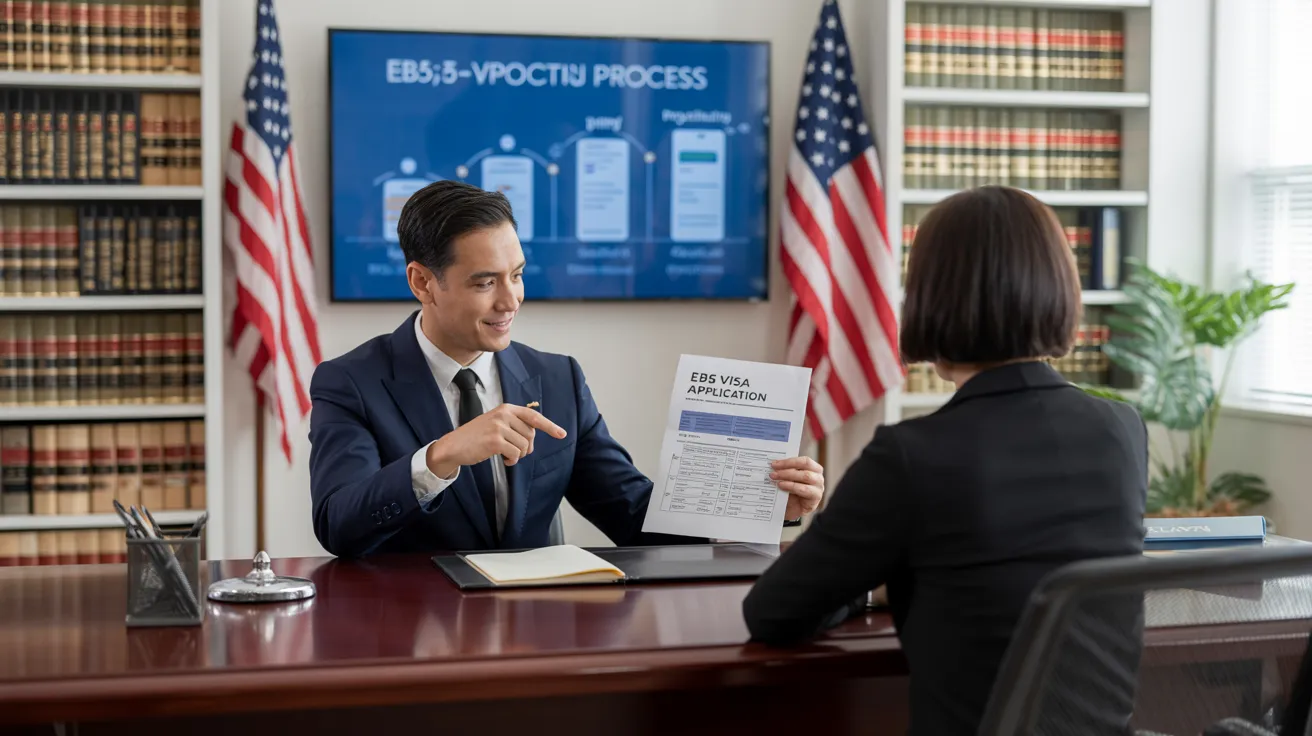The L1 Visa Ideas
Table of ContentsThe Single Strategy To Use For L1 VisaUnknown Facts About L1 VisaThe smart Trick of L1 Visa That Nobody is Talking AboutLittle Known Questions About L1 Visa.Little Known Questions About L1 Visa.The Ultimate Guide To L1 Visa
Readily Available from ProQuest Dissertations & Theses Worldwide; Social Science Costs Collection. DHS Office of the Examiner General. Retrieved 2023-03-26.
United State Division of State. Obtained 2023-02-08. Tamen, Joan Fleischer (August 10, 2013).
About L1 Visa
In order to be qualified for the L-1 visa, the foreign firm abroad where the Beneficiary was utilized and the united state firm must have a qualifying relationship at the time of the transfer. The various kinds of certifying relationships are: 1. Parent-Subsidiary: The Parent implies a company, corporation, or other lawful entity which has subsidiaries that it owns and manages."Subsidiary" indicates a firm, company, or various other legal entity of which a moms and dad owns, straight or indirectly, more than 50% of the entity, OR has less than 50% however has management control of the entity.
Example 1: Company A is included in France and uses the Beneficiary. Firm B is included in the united state and intends to seek the Beneficiary. Firm A has 100% of the shares of Firm B.Company A is the Moms And Dad and Business B is a subsidiary. As a result there is a certifying relationship between both companies and Business B must have the ability to fund the Recipient.
Instance 2: Business A is integrated in the united state and wants to request the Beneficiary. Firm B is incorporated in Indonesia and employs the Beneficiary. Business An owns 40% of Company B. The staying 60% is possessed and managed by Business C, which has no relation to Company A.Since Business A and B do not have a parent-subsidiary relationship, Firm A can not sponsor the Recipient for L-1.
Instance 3: Company A is included in the U.S. and wishes to seek the Beneficiary. Business B is integrated in Indonesia and employs the Beneficiary. Firm A possesses 40% of Firm B. The continuing to be 60% is possessed by Business C, which has no relation to Business A. Nonetheless, Firm A, by formal arrangement, controls and complete takes care of Firm B.Since Firm A possesses less than 50% of Business B however handles and controls the firm, there is a qualifying parent-subsidiary relationship and Firm A can fund the Beneficiary for L-1.
The Only Guide for L1 Visa
Associate: An affiliate is 1 of 2 subsidiaries thar are both owned and regulated by the very same parent or individual, or owned and controlled by the very same team of people, in essentially the exact same proportions. a. Instance 1: Company A is included in Ghana and uses the Recipient. Company B is included in the U.S.
Business C, also included in Ghana, possesses 100% of Company A and 100% of Company B.Therefore, Company A and Firm B are "associates" or sister business and a certifying partnership exists between both business. Firm B need to have the ability to sponsor the Recipient. b. Instance 2: Company A is included in the U.S.
Firm A is 60% had by Mrs. Smith, 20% possessed by Mr. Doe, and 20% had by Ms. Brown. Business B is incorporated in Colombia and currently uses the Recipient. Company B is 65% possessed by Mrs. Smith, 15% owned by Mr. Doe, and 20% owned by Ms. Brown. Business A and Firm B are affiliates and have a qualifying partnership in two various means: Mrs.
The L-1 visa is an employment-based visa classification developed by Congress in 1970, enabling international companies to move their managers, execs, or key personnel to their U.S. procedures. It is typically referred to as the intracompany transferee visa. There are two major sorts of L-1 visas: L-1A and L-1B. These kinds are suitable for workers employed in different settings within a firm.

Furthermore, the beneficiary needs to have worked in a managerial, exec, or specialized staff member position for one year within the 3 years coming before the L-1A application in the international business. For new workplace applications, foreign work should have remained in a managerial or executive capability if the recipient is pertaining to the United States to function as a manager or executive.
The 4-Minute Rule for L1 Visa

If given for a united state business functional for greater than one year, the initial L-1B visa is for approximately 3 years and find out more can be extended for an added 2 years (L1 Visa). Conversely, if the U.S. firm is recently established L1 Visa guide or has actually been functional for less than one year, the preliminary L-1B visa is issued for one year, with expansions offered in two-year increments
The L-1 visa is an employment-based visa classification established by Congress in 1970, allowing international firms to transfer their managers, execs, or essential workers to their United state procedures. It is typically referred to as the intracompany transferee visa.
Facts About L1 Visa Revealed
In addition, the recipient needs to have operated in a managerial, executive, or specialized staff member placement for one year within the three years coming before the L-1A application in the foreign business. For brand-new workplace applications, international work must have remained in a managerial or executive ability if the recipient is coming to the United States to work as a supervisor or executive.
for up to 7 years to look after the procedures of the U.S. associate as an executive or manager. If released for an U.S. firm that has actually been operational for more than one year, the L-1A visa is initially provided for as much as three years and can be prolonged in two-year increments.
If approved for contact us a united state company operational for more than one year, the preliminary L-1B visa is for as much as 3 years and can be extended for an additional 2 years. Conversely, if the united state business is recently established or has been operational for less than one year, the first L-1B visa is issued for one year, with expansions readily available in two-year increments.